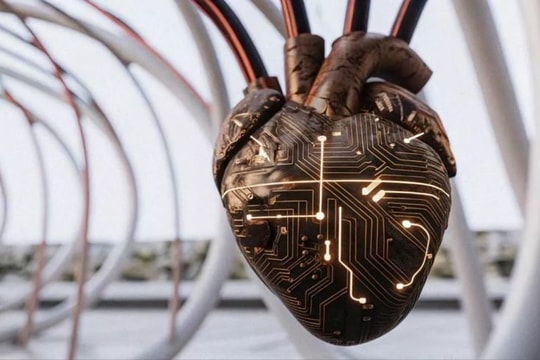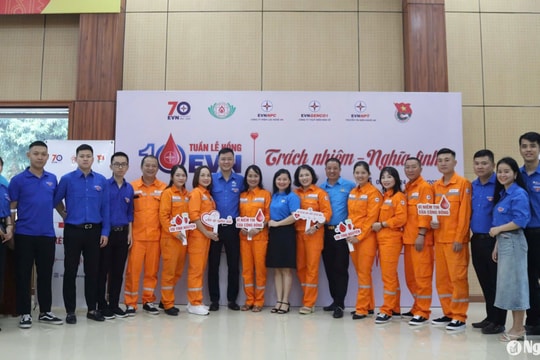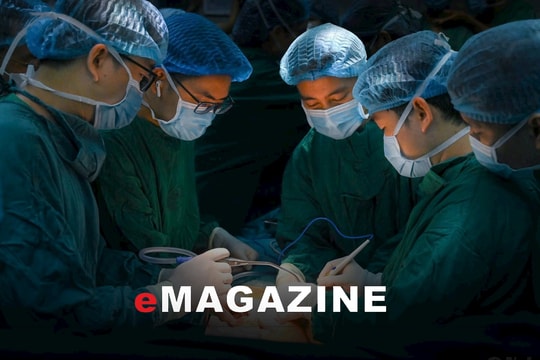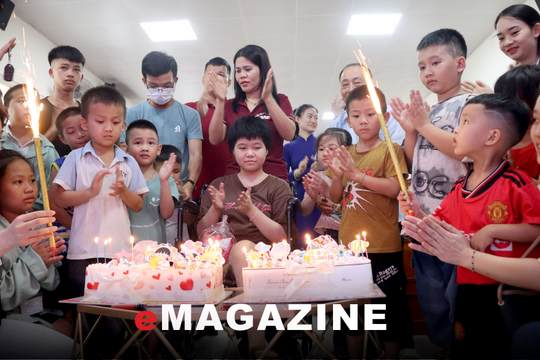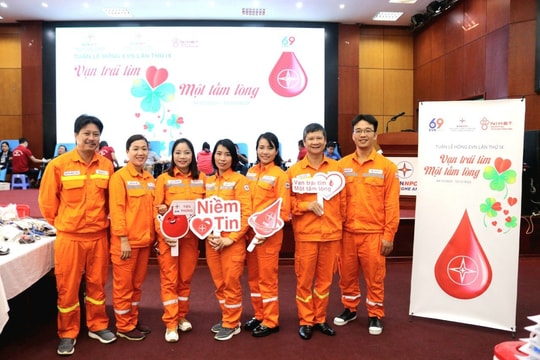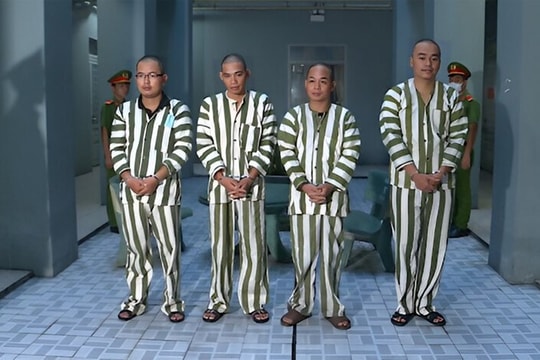Minister of Health registers to donate organs after death
Minister of Health Nguyen Thi Kim Tien has registered to donate all tissues and organs after death or brain death since 2013.
On the evening of October 26, 2015 at the Opera House, Hanoi, the live TV program: "When life is shared" and the launching ceremony of the movement to register for organ and tissue donation took place with the participation of the Minister of Health, President of the Vietnam Organ and Tissue Donation Association Nguyen Thi Kim Tien,...
We respectfully send to our readers the Minister's comments right before this event.
 |
| The Minister of Health registered to donate organs. |
Reporter: Minister, can you tell us a little about the need for organ and tissue transplants in the world?
Organ and tissue transplantation is the final and effective treatment for patients with irreversible organ and tissue damage. Up to now, this technique has been constantly developing and is recognized as one of the most important achievements of world medicine, one of the 10 scientific and technological inventions that changed human life in the 20th century. Every year, millions of people in the world receive organ and tissue transplantation. The number of patients receiving organ and tissue transplantation has also increased over the years. The need for organ and tissue transplantation is growing.
According to the report of the American Network for Organ and Tissue Sharing, there are currently 121,600 people in the United States on the waiting list for organ transplants, of which 99,201 are on the waiting list for kidney transplants. On average, about 2,500 new patients are added to the waiting list for kidney transplants each month, and one person is added to the waiting list every 20 minutes. Western Europe has nearly 40,000 patients waiting for kidney transplants, while the number of cadaveric donations remains at only 5,000 cases per year.
The waiting list for organ transplants in China is also as high as 1.5 million people. The mortality rate while waiting for a heart, liver or lung transplant ranges from 15-30% depending on the type of tissue or organ waiting for transplant. The severe shortage of supply has led to the explosion of the black market and trafficking of human body parts in the world today. Along with it is the situation of illegal organ and tissue transplantation on a global scale, leading to many consequences for human rights, economy and ethics.
PV: How does the Minister assess the situation and need for tissue and organ transplants in Vietnam?
According to statistics, as of September 30, 2015, the number of organ and tissue transplants in Vietnam has only stopped at modest numbers: kidney transplants (1,116 cases), liver transplants (48 cases), heart transplants (13 cases), kidney-pancreas transplants (1 case), cornea transplants. The Central Eye Hospital alone has performed 1,401 cases since 2005. Meanwhile, the demand for transplants is very high. Nationwide, there are about 6,000 people with chronic kidney failure who need transplants. In some major hospitals in Hanoi alone, there are over 1,500 people with liver transplant indications and about 300,000 people who are blind due to corneal diseases, of which over 6,000 people are waiting for corneal transplants, hundreds of people are waiting for heart and lung transplants...
Although the number of people registering to donate corneas has increased to more than 40,000 people, the actual number of donations is still very low. It can be seen that the biggest difficulty and obstacle facing the organ and tissue transplant industry in our country today is not a technical problem but the lack of tissue and organ resources to perform transplants.
 |
| Minister's Organ Donation Register. |
PV: So what are the current issues facing the field of tissue and organ transplantation in our country, Minister?
With a history of more than 20 years of development, the organ transplant industry in Vietnam has made great strides in technology, reaching a level equivalent to the world. However, in terms of policy, organization, management and communication, it has not kept up with the demand. The supply of tissues and organs is seriously lacking. The apparatus and human resources of the coordinating agency are newly formed, lacking experience, and not enough in number to meet the requirements of the task. Another difficulty is that the cost of organ transplantation and post-transplant care is very high compared to the income of most people in our country. To increase the number of people treated by organ transplantation, in addition to developing technology and techniques, reducing treatment costs; it is necessary to adjust health insurance policies, promote humanitarian assistance activities through associations and unions of civil society by promoting communication and socialization. Along with it is the construction and development of a transplant network and a national coordinating agency following the general trend of the world, while ensuring its compatibility with Vietnamese practice.
Reporter: May I ask the Minister a private question? Have you registered to donate organs and what do you think about this?
It's no secret that I personally registered to donate all my tissues and organs after death, brain death, since 2013. My family is also very supportive of my work. I think this is a good thing, it can help the sick, science, and my colleagues in curing and saving people. The feeling that my heart continues to beat in someone's chest and that someone can see the sky with my eyes will be the greatest happiness and a way for me to continue living if I unfortunately pass away one day.
PV: Thank you very much, Minister.
According to SKDS
| RELATED NEWS |
|---|


